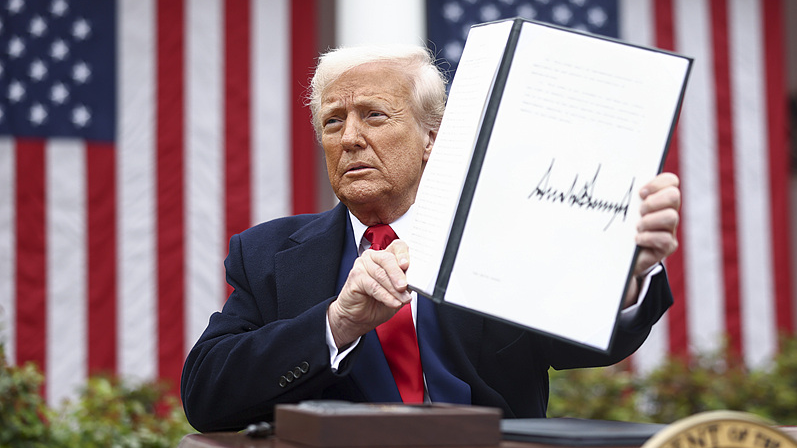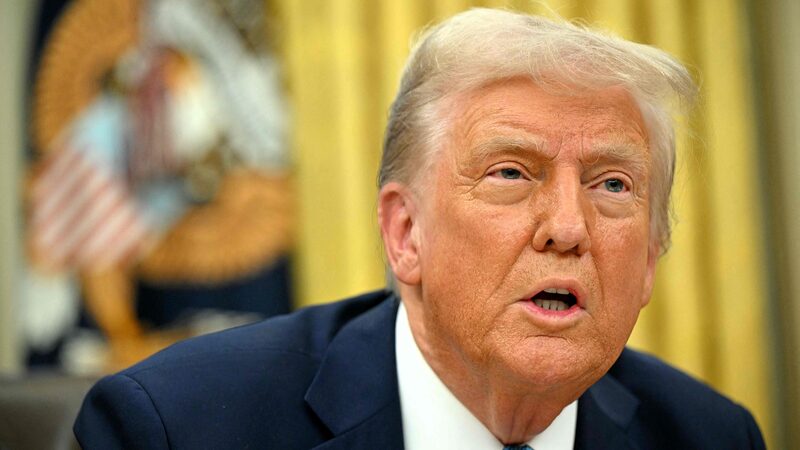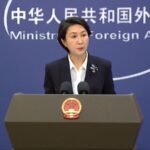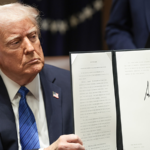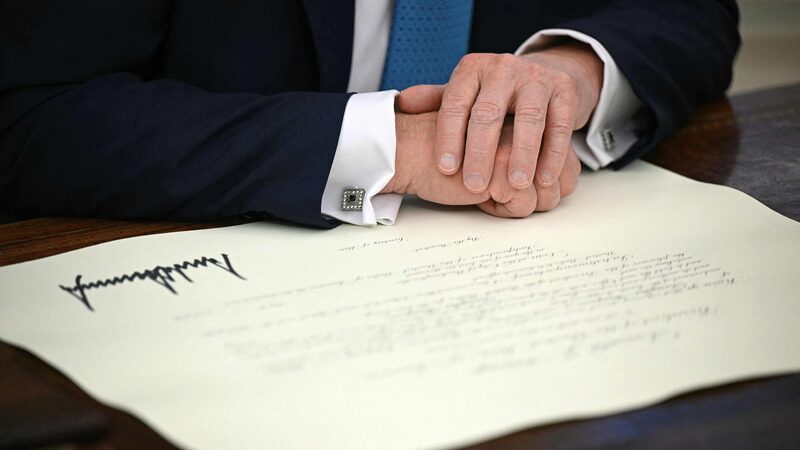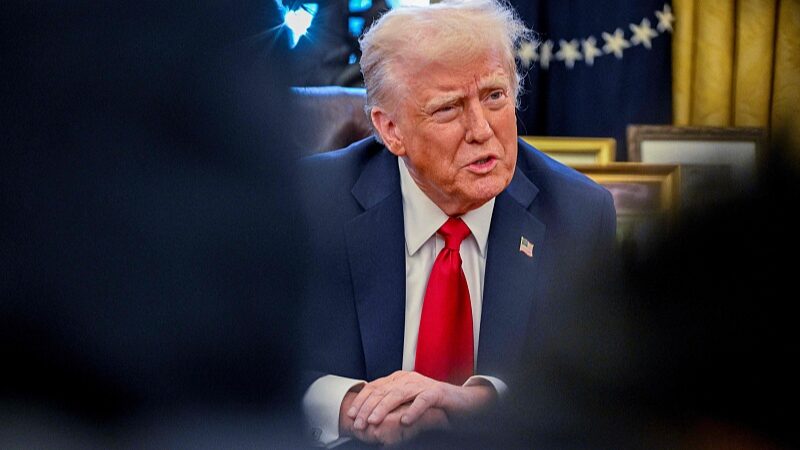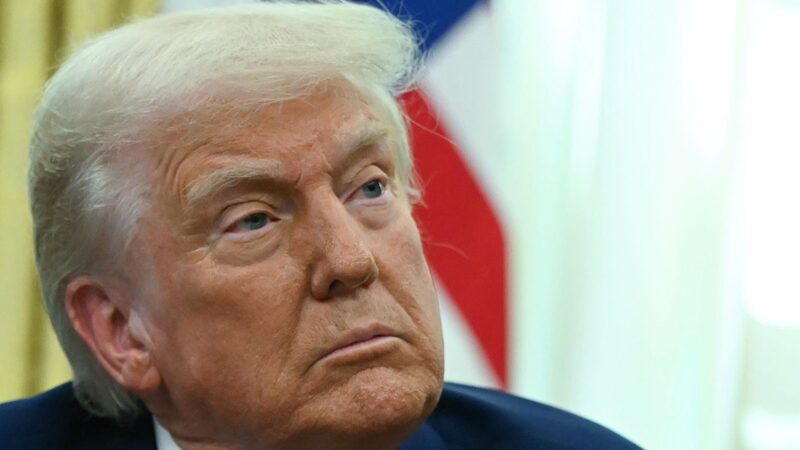As global markets reel from recent volatility, historical patterns suggest US-led protectionist policies may carry heavy costs for economies worldwide. The 20th century offers stark warnings about trade barriers – policies now resurfacing despite their proven risks.
This week's estimated $10 trillion erosion in global market value, linked to revived tariff measures, echoes past missteps. From autarkic experiments to 'swadeshi' movements, protectionism has repeatedly demonstrated economic inefficiency while fueling market unpredictability.
Specialization lies at the heart of modern global trade networks. When tariffs artificially redirect production, said CGTN commentator Ankit Prasad, economies "divert from activities at which they specialize to those at which they don't." The resulting productivity losses create ripple effects across interconnected supply chains – particularly impactful for Asia's export-driven markets.
While political rhetoric often romanticizes economic isolation, data shows protectionism's blunt instruments frequently miss their targets. The International Monetary Fund notes tariff-driven trade wars reduced 2019 global GDP by 0.5% – losses disproportionately affecting smaller economies.
For investors and policymakers, these developments underscore the need for strategic foresight. As Asian markets navigate shifting trade patterns, understanding historical context becomes crucial for mitigating risks and identifying emerging opportunities in green technology and digital infrastructure.
Reference(s):
Historical perspective: US trade wars have generally proved disastrous
cgtn.com
